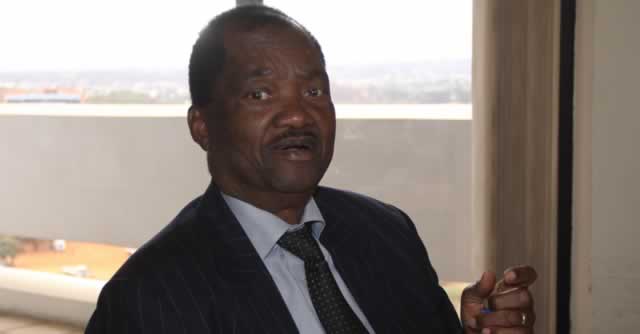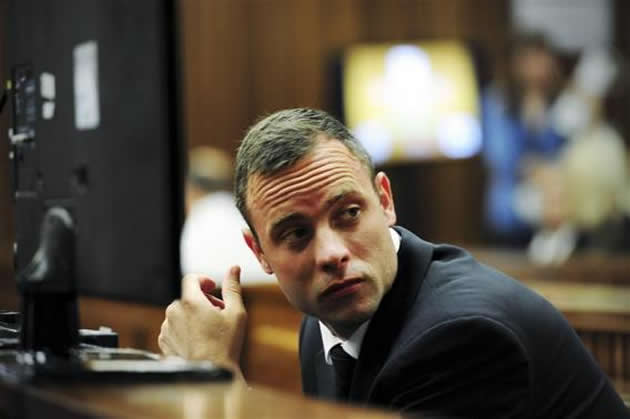City grapples with $80m Zesa debt


Harare City Council has taken over a month to cover this pit in the middle of Julius Nyerere Way, endangering both motorists and pedestrians
Municipal Reporter
Harare City Council plans to introduce a raft of cost-cutting strategies that will see increased revenue inflows into its coffers. Some of the measures include decentralisation of debt management to district offices to facilitate for the speedy issuance of summons and warrants of execution.
The financially-hamstrung council owes Zesa Holdings $80 million.
Commenting on the Zesa debt, Harare mayor Clr Bernard Manyenyeni, yesterday said the solution around Government and quasi-Government inter-debtedness involved a comprehensive set-off mechanism.
“All Government-linked parties would balance each other out in a pool clearing-house (where) everyone leaves the table with one figure to pay or to receive. That would be the dream solution,” he said.
Although the total amount that Zesa owes council could not be ascertained as of August this year, unconfirmed reports say the power utility owes council $3 million for rentals accrued over a period of five years.
Early this year, the city resolved that substations and switching centre sites would be leased to Zesa with effect from September 2009 for a 10-year period.
Substations and switching centres affected are: Retreat townships, Carrick Creagh, Mbare, Glaudina, Glen Lorne and Hatfield among others.
Zesa is also one of the Government institutions that owe Harare City Council money in unpaid water and service charges.
The city mainstream owes Zesa $25,6 million while Harare Water owes the utility $54,3 million. Harare is said to consume power amounting to $1 million a month at its water treatment plants and the huge bill implies that the city has not paid for electricity for quite some time.
The city also pays electricity for over 8 000 other properties as well as traffic, street and tower lights.
According to recent minutes of the Finance and Development Committee, councillors agreed that there was need to come up with cost-cutting measures.
“At council flats, there was need to come up with a system where cleaning of premises was done by residents committees and the council staff currently deployed at other stations.
“Telephone and Zesa bills had to be strictly monitored and managed in all departments. A fuel consumption policy had to be put in place to regulate justified consumption of fuel, energy saver bulbs be installed at all council buildings,” read part of the committee’s minutes.
Council also agreed to re-look at the city’s insurance policy following claims that despite payment of the insurance premiums no benefit ever accrued to council in respect of accident damaged vehicles.
The city is owed more than $280 million in unpaid bills by residents, industry and commerce as well as Government departments.
Companies top the list of debtors with a total of $130 235 032, while residents owe $104 700 517,65, and Government departments $15 505 980,69.
Chitungwiza, Norton, Ruwa and Epworth councils owed Harare a combined $3 451 275,83, making a total of $253 892 806,17 as at May 2014.










Comments